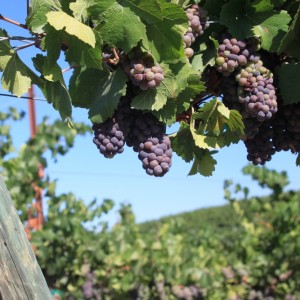The Stream, July 15: Air Strikes Leave Thousands in Gaza Without Water
Israeli air strikes have damaged vital water and sewage infrastructure in Gaza, according to aid agencies, compounding problems stemming from fuel shortages that have led to 90 million liters of untreated wastewater being released in the Mediterranean each day, Reuters reported. The International Committee of the Red Cross warned Tuesday that Gaza’s population will likely face dire water shortages in the coming days.
Water and Business
Water treatment technology to both supply fresh water and clean up wastewater from metal mines is expected to be a $US 17 billion industry by 2019, an 85 percent increase, according to a report from Bluefield Research, Bloomberg News reported. The report says that desalination technology to supply the mines is especially important, with plants worth $US 15 billion already planned for development.
Economic losses due to extreme weather events fueled by climate change are growing, and a new report seeks to quantify the risks for businesses, the Guardian reported. The Risky Business report, released two weeks ago, focuses on the United States, where businesses face coastal sea level rise and water shortages in the Southwest.
Thirty-one businesses were closed in Zimbabwe due to water pollution violations, Bloomberg News reported, citing local media. The companies are hoping the government will allow them time extensions to comply with water regulations, but so far the government has not said it will do so.
Invasive Species
Invasive tamarisk beetles are being welcomed in Arizona, where they are killing another nonnative species: tamarisk trees, The New York Times reported. Farmers and water managers are particularly eager to get rid of the trees because they consume large amounts of fresh water, but scientists say letting the trees die will not necessarily result in more water.
A news correspondent for Circle of Blue based out of Hawaii. She writes The Stream, Circle of Blue’s daily digest of international water news trends. Her interests include food security, ecology and the Great Lakes.
Contact Codi Kozacek






Leave a Reply
Want to join the discussion?Feel free to contribute!